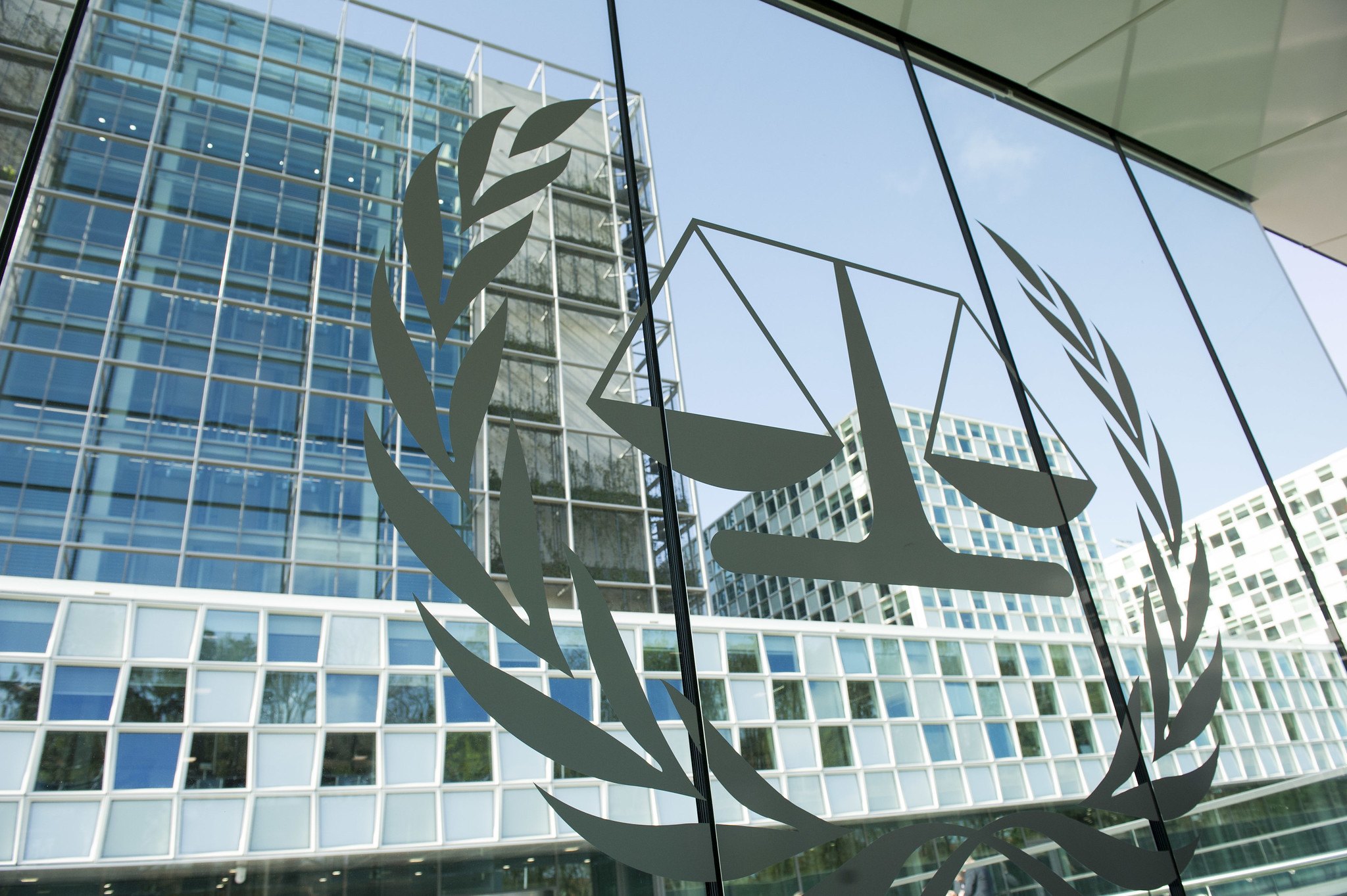Executive Branch Urges Second Circuit to Affirm Dismissal of ATS/TVPA Suit Against Former Mexican President Zedillo
On Monday, the Departments of Justice and State filed an amicus brief in the Second Circuit urging affirmance of a district court's dismissal of an ATS/TVPA lawsuit filed against former Mexican President Ernesto Zedillo, based on a Suggestion of Immunity filed by the State Department. The
Published by The Lawfare Institute
in Cooperation With

On Monday, the Departments of Justice and State filed an amicus brief in the Second Circuit urging affirmance of a district court's dismissal of an ATS/TVPA lawsuit filed against former Mexican President Ernesto Zedillo, based on a Suggestion of Immunity filed by the State Department. The suit had been filed by families of Mexican civilians in a 1997 massacre during the Zapatista uprising, alleging that Zedillo had command responsibility for the actions of the Mexican army and seeking $50 million in damages from Zedillo, a respected international economist who is a now the Director of Yale's Center for the Study of Globalization. The plaintiffs had tried to argue on appeal that they should have been allowed to amend their complaint to allege new facts and that the State Department had not considered all the relevant information.
The U.S. Government brief rejects plaintiffs' argument that courts may re-examine an Executive branch Suggestion of Immunity based on new facts: "Once the Executive branch has determined that a foreign official is immune from suit, that determination stands unless the Executive decides to reconsider it." "The Executive branch is not required to issue repeated affirmations of the Suggestion in response to additional factual allegations." "Further, because the Executive's determination is entitled to absolute deference, it is not for courts to decide, in a case in which the Executive has filed a Suggestion of Immunity, that new allegations might affect the Executive's determination." "If the Executive decides that developments subsequent to its immunity determination warrant further consideration, the government may so inform the court."
The brief is somewhat noteworthy in two other ways:
First, the brief states that, in submitting a Suggestion of Immunity, "The Executive may consider, among other things, nonpublic information, such as information gleaned from intelligence sources or diplomatic communications." Although I may have missed it, I do not recall such an assertion in a U.S. Government brief on immunity. The State Department appears to be saying that it has various methods for determining whether a foreign government official's acts were taken in an official capacity and it may not disclose all of its sources of information in its SOI.
Second, the brief states that the Zedillo case is controlled by the Second Circuit's decision in Dichter, where the Court determined that a former Israeli intelligence official enjoyed immunity for his official acts, even for actions alleged to constitute jus cogens violations. Some human rights litigators had hoped that the Obama Administration might not support the Dichter decision because it held that there is no jus cogens exception to immunity. In a footnote, the brief refers to the Solicitor General's recent amicus brief in the Samantar case arguing that the Fourth Circuit should not have created a categorical jus cogens exception to immunity.
As a final note, I would add that this lawsuit against President Zedillo is an example of the vexatious use of the ATS and TVPA that can undermine legitimate human rights litigation and advocacy. Although plaintiffs may disagree with the policies of the Mexican government, Zedillo was an internationally respected President of Mexico and is not in the category of infamous human rights abusers for whose atrocities the TVPA was enacted to provide legal remedies in the United States. I would be surprised if any of the mainstream human rights organizations believe this lawsuit is a good use of the ATS and TVPA or of U.S. judicial resources.
John B. Bellinger III is a partner in the international and national security law practices at Arnold & Porter in Washington, DC. He is also Adjunct Senior Fellow in International and National Security Law at the Council on Foreign Relations. He served as The Legal Adviser for the Department of State from 2005–2009, as Senior Associate Counsel to the President and Legal Adviser to the National Security Council at the White House from 2001–2005, and as Counsel for National Security Matters in the Criminal Division of the Department of Justice from 1997–2001.


.jpg?sfvrsn=4c0f5277_5)

